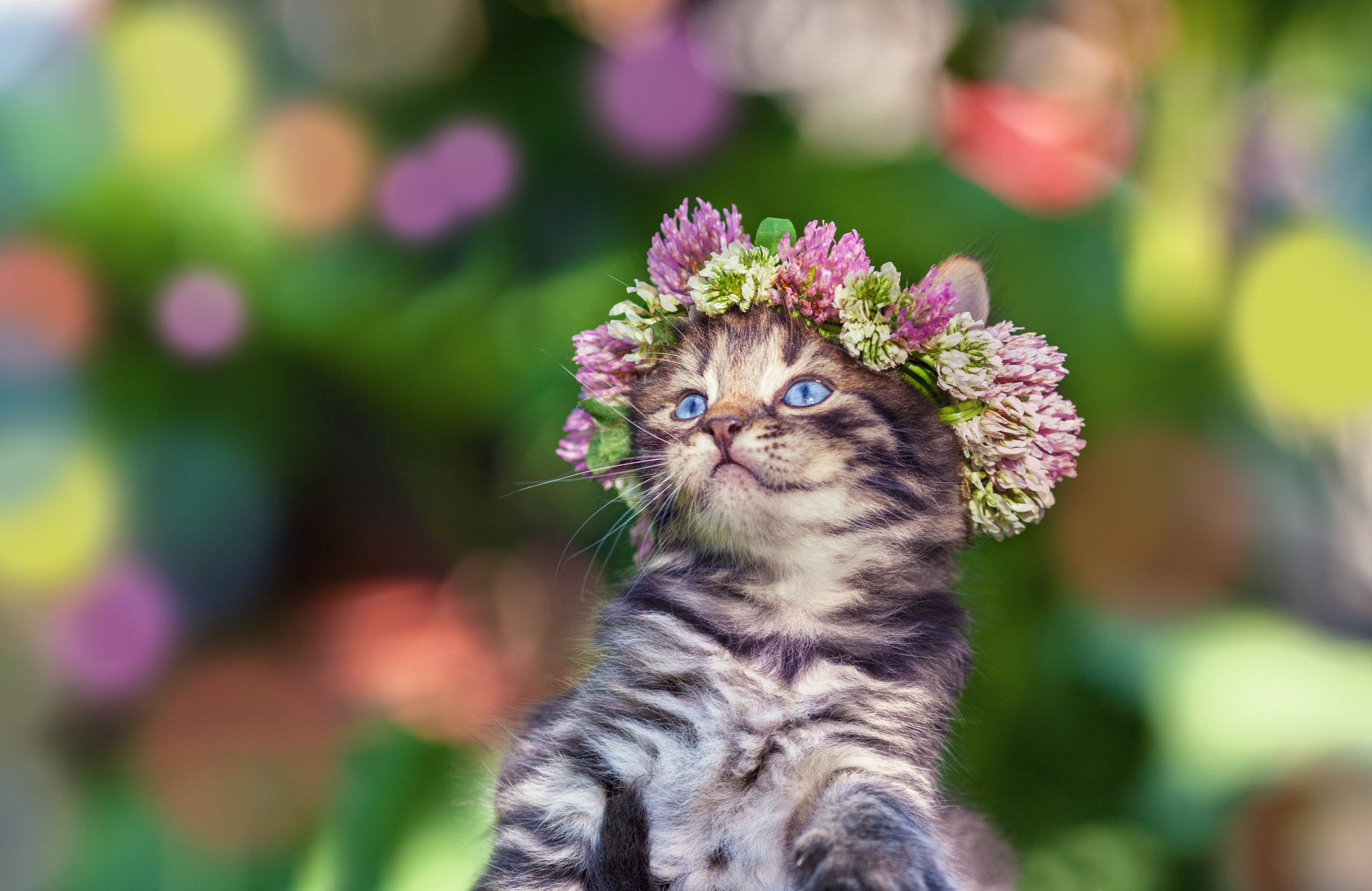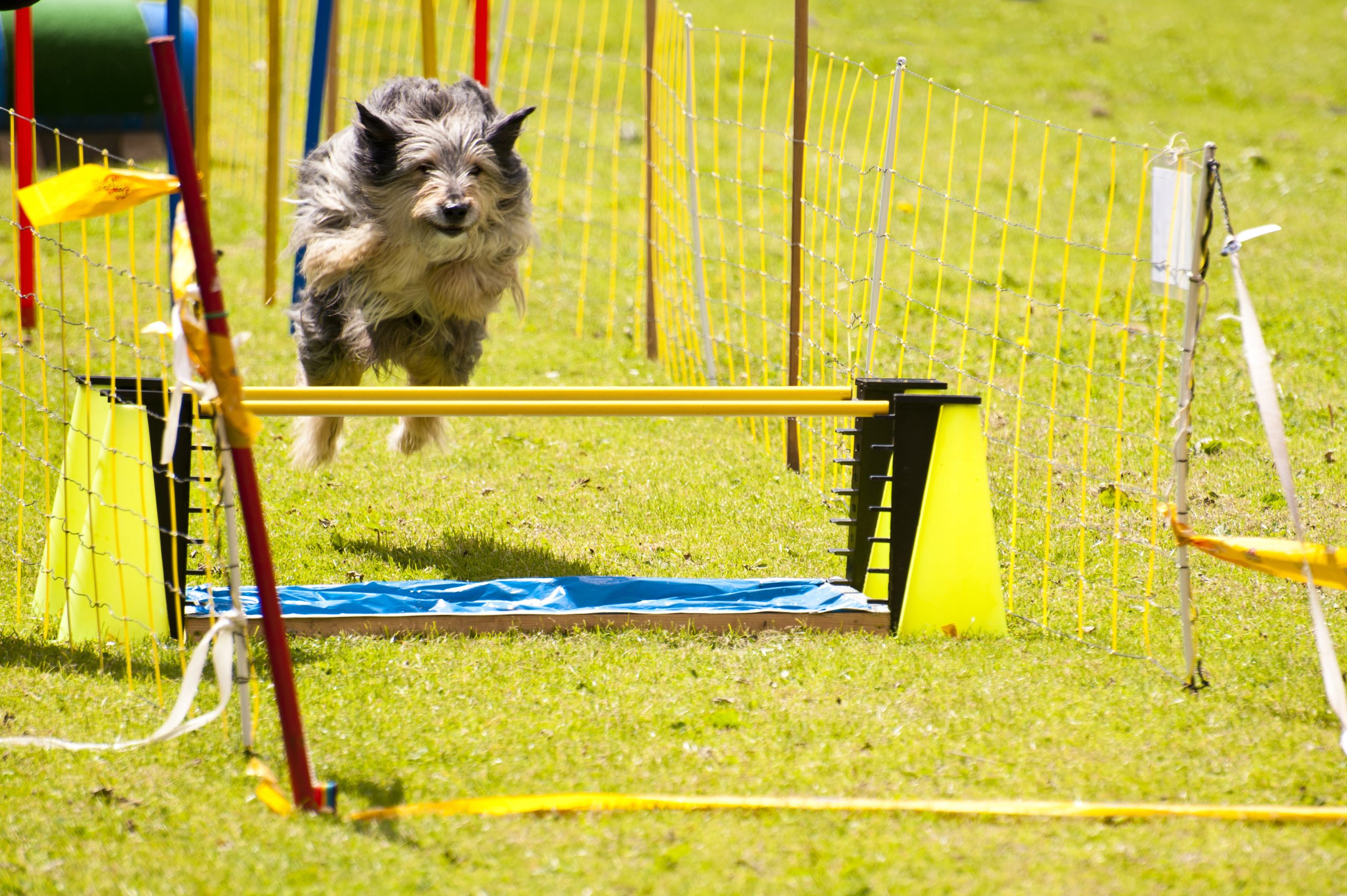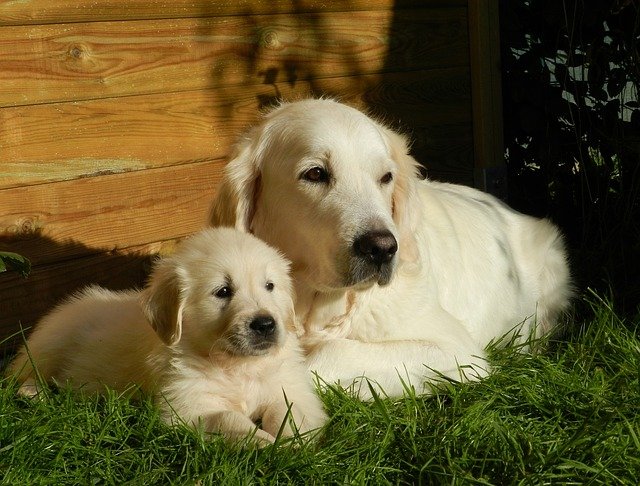Dog training is an essential part of owning a dog. It helps your furry friend understand what you expect from them and how they can behave appropriately in different situations. One of the most common issues that pet owners face when it comes to dog training is potty training. In this blog post, we will discuss some of the mistakes people make while potty training their dogs and how you can avoid them.

Common Mistakes People Make When Potty Training Their Dogs:
1. Not starting early enough – Many pet parents wait until their puppy is six months old or older before starting potty training. However, experts recommend starting as soon as possible, ideally at around eight weeks old. This gives your pup time to learn good habits and reduces the likelihood of accidents happening inside the house.
2. Not providing enough opportunities to go outside – Puppies need to relieve themselves frequently, so it’s crucial to take them out often. Pet parents often underestimate the number of times their pup needs to go outside, which leads to accidents indoors. Take your pup out every hour during the day, and immediately after eating, drinking, or waking up from a nap.
3. Punishing your dog for having an accident – If your dog has an accident inside the house, don’t punish them. They probably didn’t mean to do it, and scolding them won’t help. Instead, clean up the mess quickly, and take your pup outside to show them where they should be going.

4. Relying on crate training alone – While crate training can be effective for housetraining, it shouldn’t be the only method you use. Your pup needs to learn to hold their bladder and bowels for longer periods, so taking them out regularly is still necessary.
5. Giving up too easily – Dog training requires patience and consistency. If you give up too easily, your pup may not understand what you want from them. Stick with it, and be consistent in your approach. Remember, positive reinforcement works best!
The Best Way to Potty Train Your Puppy:
To successfully potty train your puppy, start by choosing a designated area outside where you want your pup to go. Take them there each time they need to eliminate, and praise them when they do their business. You can also teach your pup to ring a bell or bark to let you know when they need to go out. Consistency is key here; stick to a schedule and take your pup out at regular intervals throughout the day.
Obedience Training for Your Dog:
Once your dog has mastered basic commands like sit, stay, come, and heel, you can move onto more advanced obedience training. This type of training involves teaching your dog to perform specific tasks on command, such as retrieving objects, jumping over obstacles, or rolling over. Obedience training helps strengthen the bond between you and your dog and provides mental stimulation that can prevent behavioral problems.
How Many Days Per Week Should You Train Your Dog:
Experts recommend training your dog for at least 10-15 minutes per day, five days a week. However, the frequency and duration of training sessions depend on your dog’s age, breed, and temperament. Younger dogs have shorter attention spans, so brief but frequent training sessions work best. Older dogs may require longer sessions to maintain their skills.
The Best Puppy Training Methods:
There are several methods for training puppies, including clicker training, lure/reward training, and leash/collar training. Clicker training uses a clicking sound to indicate when your pup has done something right, while lure/reward training involves using treats or toys to guide your pup into certain behaviors. Leash/collar training involves teaching your pup to obey commands while on a leash and collar, and can be useful for correcting bad behaviors like pulling on the lead or jumping up.
Indoor Puppy Training Tips:
If you live in an apartment or condo, you may not always have access to an outdoor space for potty training. In these cases, you can use indoor pee pads or newspapers to catch your pup’s urine. Place the pad in a designated area, and take your pup there each time they need to eliminate. Clean up any accidents promptly to prevent odor and staining.
Stop Your Puppy From Chewing Things:
Chewing is a natural behavior for puppies, but it can become problematic if they chew on inappropriate items. To stop your puppy from chewing things, provide them with appropriate chew toys and teach them what they can and cannot chew. Whenever you catch your pup chewing on something they shouldn’t, say “no” firmly and replace the item with one of their approved chew toys. Praise them when they chew on the right thing.
